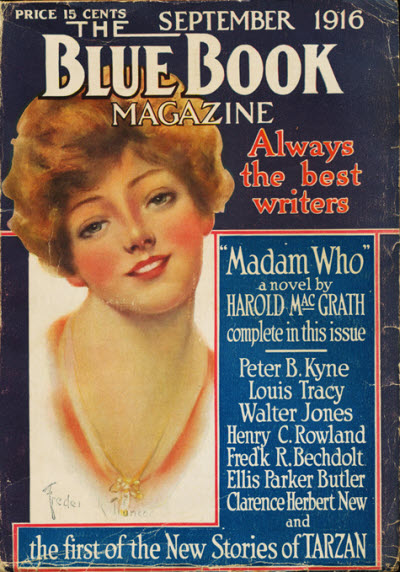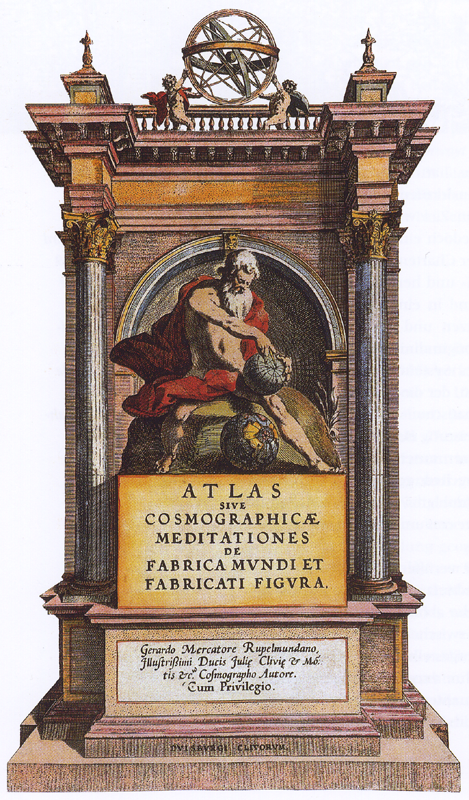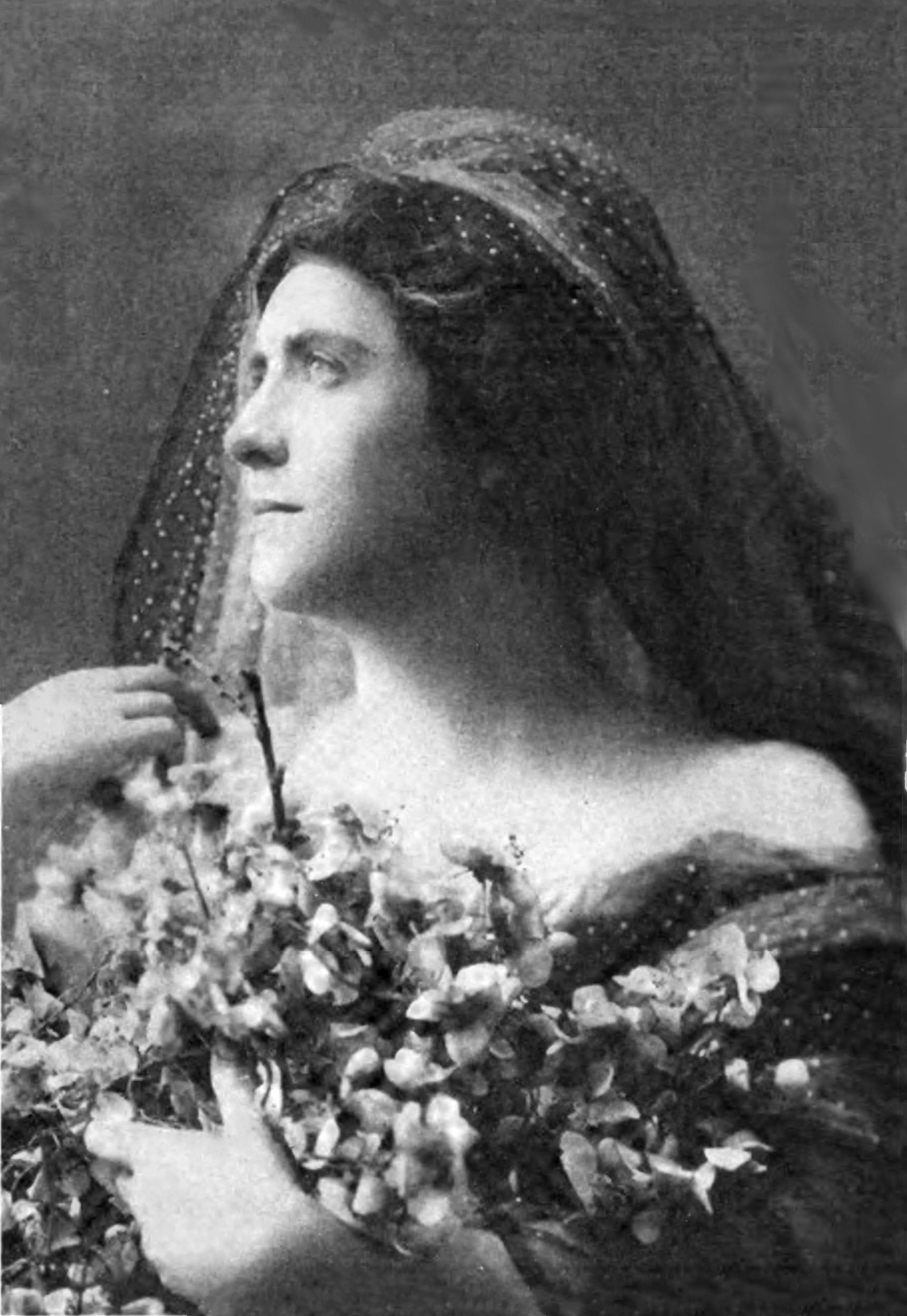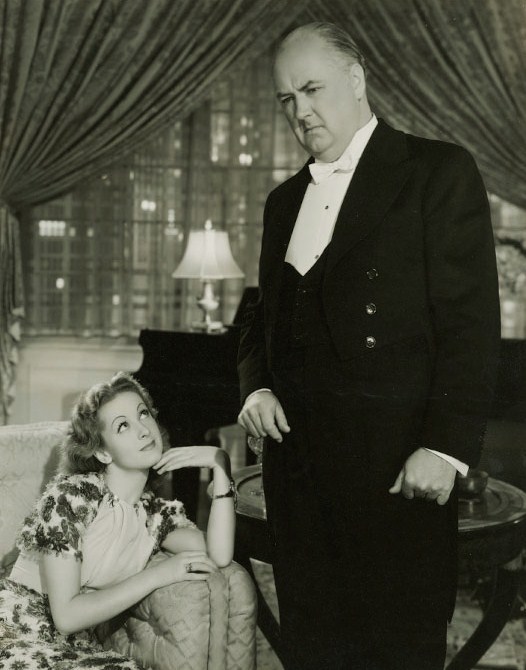|
The Place Of Honeymoons
''The Place of Honeymoons'' is a 1920 silent American film written by Ida Harrison and directed by Kenean Buel. It stars Emily Stevens, Montagu Love, Frankie Mann and Joseph Selman. Cast list Production The production was filmed in Newton, Massachusetts at the Atlas Film Company studios. While ready for release earlier in the year, it was not distributed until November 1920 by Pioneer Films. Reception ''Moving Picture World The ''Moving Picture World'' was an influential early trade journal for the American film industry, from 1907 to 1927. An industry powerhouse at its height, ''Moving Picture World'' frequently reiterated its independence from the film studios. I ...'' did not give the film a good review. They felt the film's pace was slow and rambling, and the relationship between the two leads, Emily Stevens and Montagu Love, was never well developed. While they enjoyed Love's performance, the felt that Stevens was miscast and not carry off her role well. References ... [...More Info...] [...Related Items...] OR: [Wikipedia] [Google] [Baidu] |
Kenean Buel
Kenean J. Buel (c.1873 – November 5, 1948) was an American film director. Biography Born in Kentucky, Buel became involved in theater and eventually made his way to New York City where he was hired by the Kalem Company in 1908 as a film director under the tutelage of Sidney Olcott. Buel was part of the pioneering Kalem team that filmed in Florida in the winter months and in the fall of 1910, the rapidly growing Kalem organization sent him to head up a filming unit in California. After directing more than 50 films for Kalem, including a number starring Alice Joyce, Buel signed on with Fox Film Corporation in 1915 for whom he made another seventeen films. In 1919 he directed films for an independent company and made his last film in 1920. Kenean Buel died in New York City in 1948. Partial filmography * ''As You Like It'' (1912) * '' The Confederate Ironclad'' (1912) * '' A Sawmill Hazard'' (1913) * '' A Desperate Chance'' (1913) *''The Brand (film)'' (1914) * ''Blazing Love'' ( ... [...More Info...] [...Related Items...] OR: [Wikipedia] [Google] [Baidu] |
Harold MacGrath
Harold MacGrath (September 4, 1871 – October 30, 1932) was a bestselling and prolific American novelist, short story writer, and screenwriter. He sometimes completed more than one novel per year for the mass market, covering romance, spies, mystery, and adventure. He was the first nationally known writer to be commissioned to write original screenplays for the new film industry. In addition, he had eighteen novels and three short stories adapted as films, in some cases more than once. Three of these novels were also adapted as plays that were produced on Broadway in New York City. MacGrath traveled extensively but was always based in Syracuse, New York, where he was born and raised. Biography Born Harold McGrath in Syracuse, New York, he was the son of Thomas H. and Lillian Jane McGrath.MAC GRATH, HAROLD in '' ... [...More Info...] [...Related Items...] OR: [Wikipedia] [Google] [Baidu] |
Emily Stevens (actress)
Emily Stevens (February 27, 1883 – January 2, 1928) was a stage and screen actress in Broadway plays in the first three decades of the 20th century and later in silent films. Family lineage Stevens was born in New York City, the daughter of Robert E. Stevens (born c. 1837 in Philadelphia, Pennsylvania), a theatrical manager, and actress Emma Maddern Stevens.New York Times, "The Early Perils of Minnie Madden", July 2, 1916 Her father had joined the United States Navy just before the American Civil War, rising to the rank of Lieutenant.Obituary; Robert E. Stevens, ''The New York Times'', July 23, 1918 According to ''The New York Times'', Robert E. Stevens "took out the first traveling theatrical company" from New York City. He also managed actor Lawrence Barrett for many years. She was from a theatrical family. She was a cousin of Minnie Maddern Fiske. Stevens bore a strong physical resemblance to Mrs. Fiske. This likeness was accentuated by her style of acting. Stevens' mo ... [...More Info...] [...Related Items...] OR: [Wikipedia] [Google] [Baidu] |
Montagu Love
Montagu Love (15 March 1877 – 17 May 1943) was an English screen, stage and vaudeville actor. Early years Born in Portsmouth, Hampshire, Love was the son of Harry Love and Fanny Louisa Love, née Poad; his father was listed as accountant on the 1881 English Census. Career Educated in Great Britain, Love began his career as an artist, with his first important job as an illustrator for ''The Illustrated Daily News'' in London. Love's acting debut came with an American company in a production in the Isle of Wight. His Broadway debut occurred in ''The Second in Command'' (1913). He was typically cast in heartless villain roles. In the 1920s, he played with Rudolph Valentino in ''The Son of the Sheik'', opposite John Barrymore in ''Don Juan'', and appeared with Lillian Gish in 1928's '' The Wind''. He also portrayed 'Colonel Ibbetson' in ''Forever'' (1921), the silent film version of ''Peter Ibbetson''. Love was one of the more successful villains in silent films. One o ... [...More Info...] [...Related Items...] OR: [Wikipedia] [Google] [Baidu] |
Frankie Mann (actress)
Frances "Frankie" Mann (June 13, 1892 – June 23, 1969) was an American actress, who appeared in over forty silent films between 1913 and 1925. Early life Frances Hampton Mann was born in Mill Hall, Pennsylvania, and raised in Massachusetts, the daughter of Robert Mann Jr. and Alice Eloise Mann. Her grandfather, Robert Mann Sr., founded an axe company, the Mann Edge Tool Company. Her father, a financier, lost his fortune in the economic Panic of 1907, and died in 1910. Her younger sister Alice Mann was also an actress. Career Mann was an actress and appeared in over forty silent films made between 1913 and 1925, with various studios. She was often cast as a "vamp", or temptress character. "Time after time she turned to the camera to register a vampire's sneery smile, and believe me this was awful," reported one reviewer in 1916. "Once or twice would have been enough to have 'queered' her, but she did it all through the film." Among Mann's film credits were roles in '' ... [...More Info...] [...Related Items...] OR: [Wikipedia] [Google] [Baidu] |
Atlas Film Corp
An atlas is a collection of maps; it is typically a bundle of maps of Earth or of a region of Earth. Atlases have traditionally been bound into book form, but today many atlases are in multimedia formats. In addition to presenting geographic features and political boundaries, many atlases often feature geopolitical, social, religious and economic statistics. They also have information about the map and places in it. Etymology The use of the word "atlas" in a geographical context dates from 1595 when the German-Flemish geographer Gerardus Mercator published ("Atlas or cosmographical meditations upon the creation of the universe and the universe as created"). This title provides Mercator's definition of the word as a description of the creation and form of the whole universe, not simply as a collection of maps. The volume that was published posthumously one year after his death is a wide-ranging text but, as the editions evolved, it became simply a collection of maps ... [...More Info...] [...Related Items...] OR: [Wikipedia] [Google] [Baidu] |
Pioneer Film Corp
Pioneer commonly refers to a settler who migrates to previously uninhabited or sparsely inhabited land. In the United States pioneer commonly refers to an American pioneer, a person in American history who migrated west to join in settling and developing new areas. Pioneer, The Pioneer, or pioneering may also refer to: Companies and organizations *Pioneer Aerospace Corporation * Pioneer Chicken, an American fast-food restaurant chain * Pioneer Club Las Vegas, a casino in Las Vegas, Nevada, U.S. * Pioneer Corporation, a Japanese electronics manufacturer * Pioneer Energy, a Canadian gas station chain * Pioneer Entertainment, a Japanese anime company * Pioneer Hi-Bred, a U.S.-based agriculture company * Pioneer Hotel & Gambling Hall, Laughlin, Nevada, U.S. *Pioneer Instrument Company, an American aeronautical instrument manufacturer * Pioneer movement, a communist youth organization * Pioneer Natural Resources, an energy company in Texas, U.S. * Pioneer Pictures, a former American ... [...More Info...] [...Related Items...] OR: [Wikipedia] [Google] [Baidu] |
Silent Film
A silent film is a film with no synchronized recorded sound (or more generally, no audible dialogue). Though silent films convey narrative and emotion visually, various plot elements (such as a setting or era) or key lines of dialogue may, when necessary, be conveyed by the use of title cards. The term "silent film" is something of a misnomer, as these films were almost always accompanied by live sounds. During the silent era that existed from the mid-1890s to the late 1920s, a pianist, theater organist—or even, in large cities, a small orchestra—would often play music to accompany the films. Pianists and organists would play either from sheet music, or improvisation. Sometimes a person would even narrate the inter-title cards for the audience. Though at the time the technology to synchronize sound with the film did not exist, music was seen as an essential part of the viewing experience. "Silent film" is typically used as a historical term to describe an era of cinema pri ... [...More Info...] [...Related Items...] OR: [Wikipedia] [Google] [Baidu] |
Mabel Bardine
Mabel Bardine Myers Farnsworth (October 25, 1878 - October 20, 1948), was an American vaudeville performer and Hollywood actress. In 1908 she was accused of plagiarizing the sketch, The Chorus Lady, from Rose Stahl. She was a leading woman in Essanay Studios and Fox Film. Biography She was born as Mabel Bardine Myers on October 25, 1878, in Colorado. In 1908 she was accused of plagiarizing the sketch, The Chorus Lady, from Rose Stahl. She died on October 20, 1948, in Los Angeles, California. She was buried in Forest Lawn Memorial Park in Glendale, California. Filmography *'' The Splendid Lie'' (1920) * '' The Place of Honeymoons'' (1920) *'' Winning Her Way'' (1919) by Margaret Mayo for the American Red Cross The American Red Cross (ARC), also known as the American National Red Cross, is a non-profit humanitarian organization that provides emergency assistance, disaster relief, and disaster preparedness education in the United States. It is the desi ... *'' Rough and Rea ... [...More Info...] [...Related Items...] OR: [Wikipedia] [Google] [Baidu] |
Herbert Evans (actor)
Herbert Evans (16 April 1882 – 10 February 1952) was an English film actor. He appeared in over 180 films between 1916 and 1952. Biography Evans started his acting career in 1914 at the World Film Company in Fort Lee, New Jersey. His performances include the Earl of Glenheather Castle in The Three Stooges comedy ''The Hot Scots'' and its remake '' Scotched in Scotland'', the well-meaning but clueless butler Wilkes in ''Vagabond Loafers’’ and in the ''Our Gang'' short ''Shrimps for a Day''. In addition to his work in short subjects, Evans appeared—often uncredited—in such films as ''Casablanca'', '' Strangers on a Train'', '' Annie Get Your Gun'' and ''Song of the Thin Man''. He also had bit roles in the Shirley Temple vehicles ''Curly Top'' and ''Wee Willie Winkie''. Evans died on 10 February 1952 shortly after filming for '' The Brigand'' was completed. He was survived by his wife Etta and two children. Selected filmography * '' Where Love Leads'' (1916) * ' ... [...More Info...] [...Related Items...] OR: [Wikipedia] [Google] [Baidu] |
Charles Coleman (actor)
Charles Pearce Coleman (December 22, 1885 – March 8, 1951) was an Australian-born American character actor of the silent and sound film eras. Early years Coleman was born in Sydney, New South Wales, Australia, on December 22, 1885. Career Coleman began his film career in the 1915 silent film, ''The Mummy and the Humming Bird'', which was also the screen debut of Charles Cherry, a noted stage actor. In more than half of his 200 performances in films, he appeared as a butler, doorman/concierge, valet, or waiter. In the 1930s, Coleman appeared in such films as ''Beyond Victory'' (1931), starring Bill Boyd and James Gleason, the Wheeler & Woolsey comedy ''Diplomaniacs'' (1933), 1934's '' Born to Be Bad'' which starred Loretta Young and Cary Grant, the 1934 version of ''Of Human Bondage'' starring Bette Davis and Leslie Howard, the first film to star the pairing of Fred Astaire and Ginger Rogers, ''The Gay Divorcee'' (1935), the first feature-length film to be shot entirely in ... [...More Info...] [...Related Items...] OR: [Wikipedia] [Google] [Baidu] |
Newton, Massachusetts
Newton is a city in Middlesex County, Massachusetts, United States. It is approximately west of downtown Boston. Newton resembles a patchwork of thirteen villages, without a city center. According to the 2020 U.S. Census, the population of Newton was 88,923. History Newton was settled in 1630 as part of "the newe towne", which was renamed Cambridge in 1638. Roxbury minister John Eliot persuaded the Native American people of Nonantum, a sub-tribe of the Massachusett led by a sachem named Waban, to relocate to Natick in 1651, fearing that they would be exploited by colonists. Newton was incorporated as a separate town, known as Cambridge Village, on December 15, 1681, then renamed Newtown in 1691, and finally Newton in 1766. It became a city on January 5, 1874. Newton is known as ''The Garden City''. In ''Reflections in Bullough's Pond'', Newton historian Diana Muir describes the early industries that developed in the late 18th and early 19th centuries in a series of mills b ... [...More Info...] [...Related Items...] OR: [Wikipedia] [Google] [Baidu] |




_-_Ad_1.jpg)




